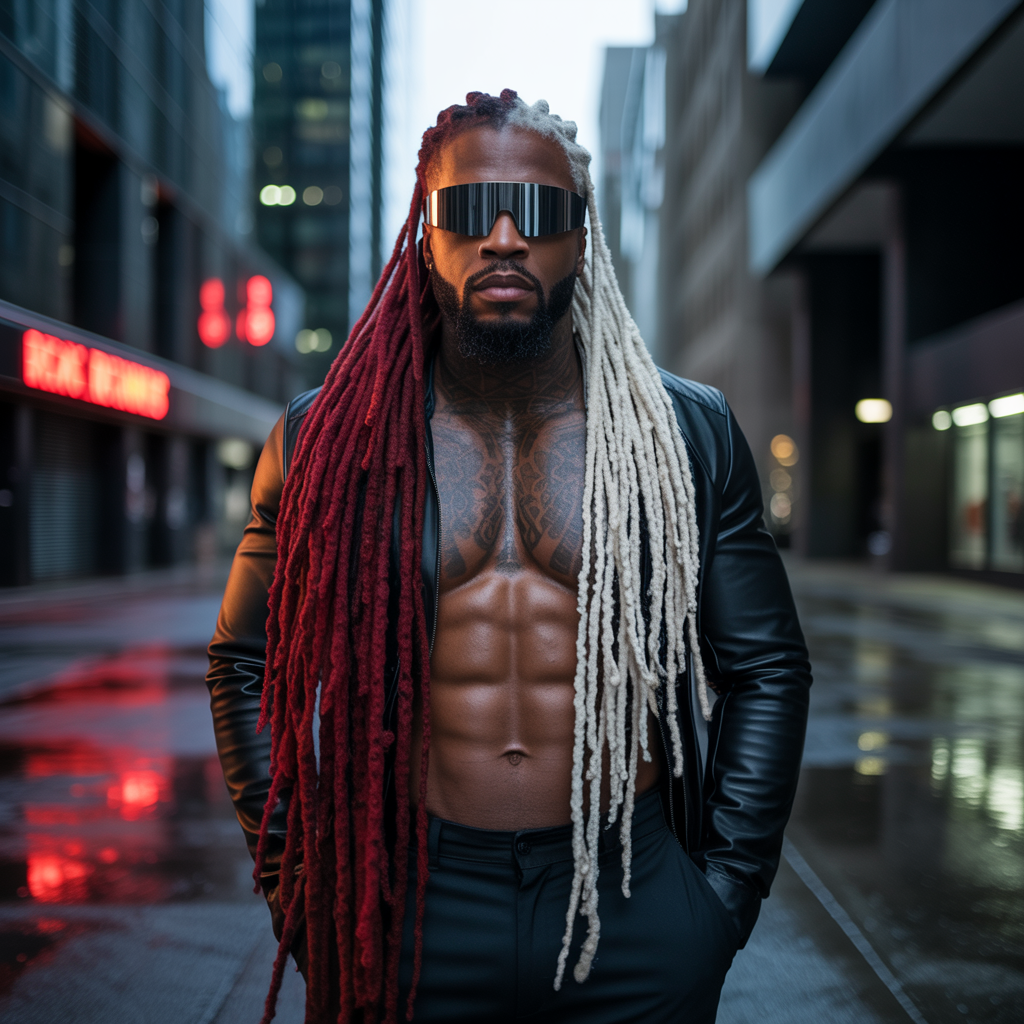The Adaptive Artist
Looking toward the horizon, the creator's philosophy reveals itself as fundamentally anti-fragile. "As long as I have energy, I hope I'm always able to adapt to the technological changes that I am gifted the chance to experience." This isn't the voice of someone clinging to current success, but of an artist who understands that evolution isn't optional—it's essential.
The risk they're most willing to take isn't financial or reputational; it's the ongoing commitment to transformation itself. In a world where many artists fear obsolescence, this creator has chosen to make adaptability their signature strength.
Big Boss The Producer isn't just an AI character—it's a proof of concept for a new kind of artistic immortality. Not the kind that comes from creating one perfect work, but the kind that emerges from building systems capable of infinite creative evolution.
In the end, the most revolutionary aspect of this story isn't the technology or even the creative output. It's the fundamental reframe: from artist seeking tools to visionary creating vessels. From individual talent to expandable legacy. From the limitations of self to the limitless possibilities of strategic self-multiplication.
The producer who refused to stay invisible has done something far more profound than step into the spotlight—they've learned to cast shadows that create their own light.
